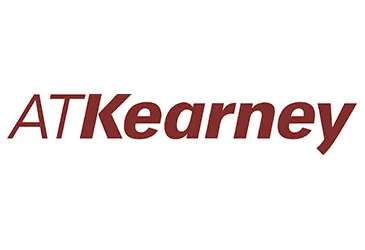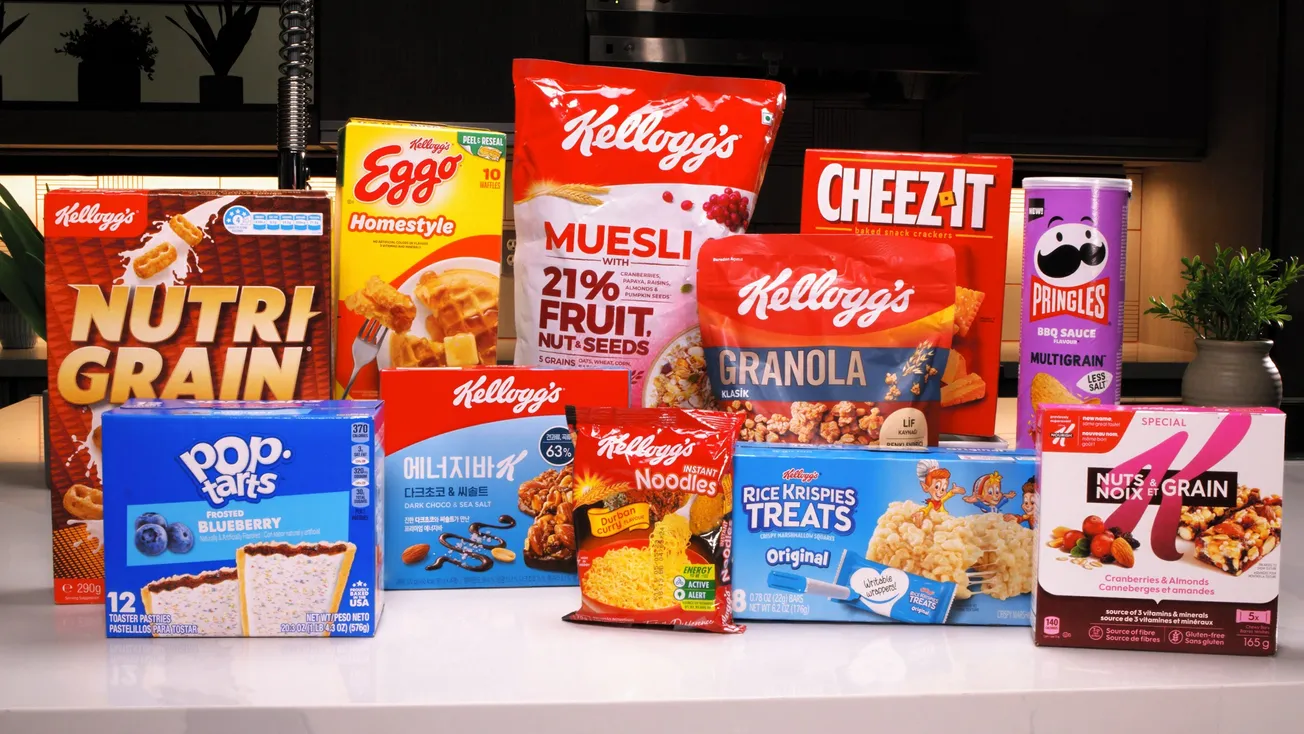CHICAGO — Gen Z is more concerned with its mental and physical health than Millennials or Gen X, self-reporting higher stress responses to both the news and social media. And, this heightened anxiety is influencing how they shop, benefiting traditional brick & mortar retailers. Those are some of the conclusions in A.T. Kearney’s new report, How Gen Z’s Concern With Emotional Health Fuels Retail Growth And Failure part of its ongoing research into the Future Consumer. This latest survey polled 1,500 U.S. and Canadian consumers, across four generations, to explore how Gen Z’s desire for health and wellness is shaping the retail landscape.

“I think one of the things the survey shows us is that, despite being the first full generation of digital natives, Gen Z is looking at brick and mortar retailing as a way to, ‘disconnect,’ from the stress of social media while at the same time getting emotionally closer to the online influencers and celebrities they follow,” said Nora Kleinewillinghoefer, co-author of the report and a Principal in A.T. Kearney’s Retail and Consumer Goods practice.
Among the survey’s critical takeaways:
- Forty-six% of the Gen Z members polled said they were “Very Much” concerned about their personal health and mental wellbeing.
- When it comes to packaging 65% of Gen Z respondents preferred simple packaging and 58% wanted that packing to be eco-friendly, but despite a clear interest in eco-friendly packaged goods, less than 40% of respondents were willing to pay more for “green packaged” products.
- And, Gen Z consumers are more likely to let negative experiences stop them from making purchases – both online and instore – than respondents in the other three generations.
“This survey strengthens our previous findings and helps create a roadmap for consumer companies to react to Gen Z consumers,” said Greg Portell, an A.T. Kearney Partner and head of the Consumer practice. “The findings underscore two important points: one, Gen Z is continuing to evolve, forcing marketers to view this as a snapshot in time requiring quick response; and, two, the difference between U.S. and Canadian respondents (and the spread of responses in general) reminds us that we can’t afford to generalize too far about this cohort of consumers known for their individuality.”
The report How Gen Z’s Concern With Emotional Health Fuels Retail Growth And Failure surfaced both generational cohort similarities and key differences between Canadian and American respondents, suggesting that retailers and brands doing business on either side of the border need to acknowledge and effectively respond to intra-generational nuances rather than just uncritically accepting generalized popular Gen Z mythologies.









